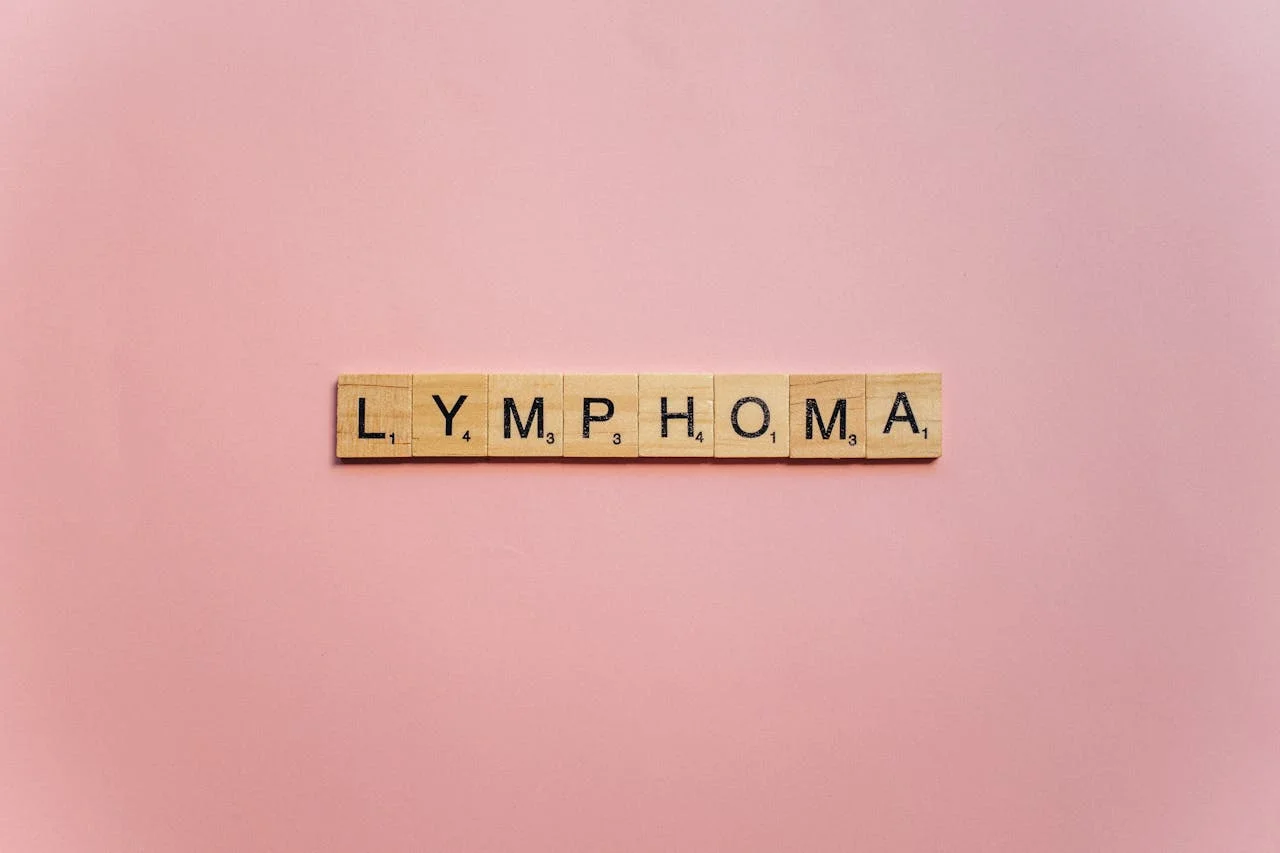
AbbVie (NYSE: ABBV) has announced that the European Commission (EC) has granted conditional marketing authorization for TEPKINLY® (epcoritamab) as a monotherapy for adult patients with relapsed or refractory (R/R) follicular lymphoma (FL) after two or more lines of prior therapy. TEPKINLY is now the first and only subcutaneous T-cell engaging bispecific antibody approved in the European Union (EU), as well as the European Economic Area (EEA) countries and Northern Ireland, for the treatment of both R/R FL and R/R diffuse large B-cell lymphoma (DLBCL).
“The approval of TEPKINLY for treating follicular lymphoma after two or more previous treatments marks another milestone in our goal to establish TEPKINLY as a key therapy across multiple B-cell malignancies,” said Mariana Cota Stirner, M.D., Ph.D., vice president and therapeutic area head for hematology at AbbVie. “Originally approved for relapsed or refractory diffuse large B-cell lymphoma, its approval for follicular lymphoma highlights its potential as a broad treatment for hematological cancers. We, along with our partner Genmab, are excited about this approval and our ongoing commitment to improving cancer care.”
Follicular lymphoma (FL) is a slow-growing form of non-Hodgkin’s lymphoma (NHL) that arises from B-lymphocytes and accounts for 20-30% of all NHL cases. FL is considered incurable, and there is no standard treatment for third-line or later FL. Patients often relapse, with shorter remission periods after each relapse. Over time, more than 25% of FL patients may experience transformation to DLBCL, a more aggressive form of NHL with poor survival outcomes.
“The European Commission’s approval of epcoritamab is encouraging news for the lymphoma community,” said Kate Rogers, CEO of the Follicular Lymphoma Foundation. “Relapsed or refractory follicular lymphoma is particularly difficult to treat in later stages, so having additional treatment options is crucial for patients and healthcare providers.”
The conditional marketing authorization for TEPKINLY is based on data from the Phase 1/2 EPCORE® NHL-1 clinical trial. This open-label, multi-cohort, multicenter, single-arm trial assessed TEPKINLY as a monotherapy in patients with R/R FL who had undergone two or more lines of prior systemic therapy. The study included patients who were refractory to both anti-CD20 monoclonal antibody therapy and an alkylating agent (70% with double refractory disease), patients who were refractory to their last treatment (82%), and patients whose disease progressed within two years of initiating any first systemic therapy (52%). The results, published in The Lancet Haematology, showed that patients treated with TEPKINLY (n=128) had an overall response rate (ORR) of 83% and a complete response (CR) rate of 63%. After a median follow-up of 16.2 months, the median duration of response was 21.4 months, with the duration of complete response not yet reached.
The trial also included an optimization cohort of 86 patients, which used a 3-step-up dosing regimen for cytokine release syndrome (CRS) mitigation. Hospitalization was not mandatory for patients in this cohort. With the optimized regimen, 40% of patients experienced Grade 1 CRS, and 9% experienced Grade 2 CRS, with no cases of Grade 3 or higher CRS reported. Additionally, no cases of immune effector cell-associated neurotoxicity syndrome (ICANS) were observed.
TEPKINLY’s safety profile in this trial was consistent with its safety in the EPCORE NHL-1 DLBCL cohort. Among the 382 patients in the pooled safety population, the most common adverse reactions (≥20%) included CRS, injection site reactions, fatigue, viral infection, neutropenia, musculoskeletal pain, pyrexia, and diarrhea. The most frequent serious adverse reaction (≥10%) was CRS (34%). Fourteen patients (3.7%) experienced a fatal adverse reaction, including pneumonia in 2.4% of patients, viral infection in 1.0%, and ICANS in 0.3%.





